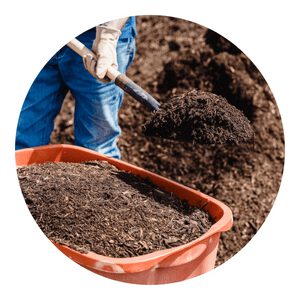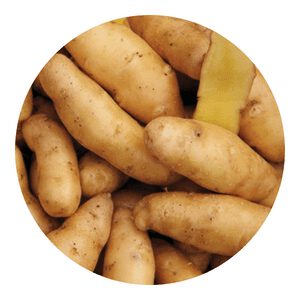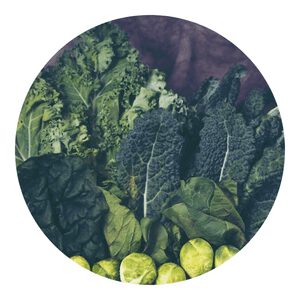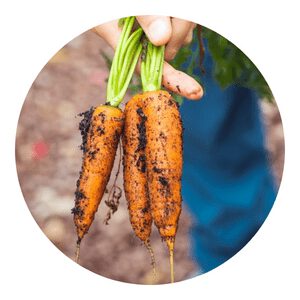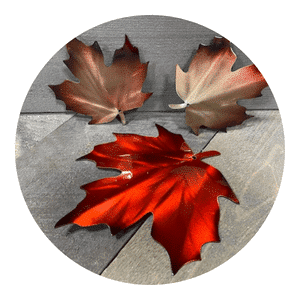What Vegetables Grow in Winter in Colorado?
While most people think of winter as a time for hunkering down and staying indoors, there are actually quite a few vegetables that grow in Colorado during the winter months.
These include potatoes, carrots, beets, turnips, rutabagas, parsnips, and kale.
Some of these vegetables can even be grown year-round with the right planning.
So if you’re looking to add some fresh produce to your winter diet, Colorado is a great place to start.
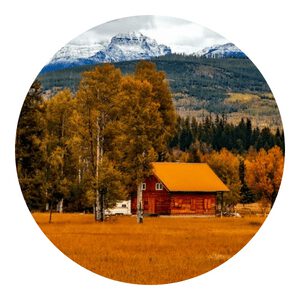
Colorado Winter
Winter in Colorado
Colorado winters are long and harsh, but that doesn’t mean that you can’t enjoy fresh, homegrown vegetables.
With a little planning and preparation, you can enjoy a winter harvest of delicious veggies.
Here are some of the best vegetables to grow in Colorado during the winter:
Carrots are one of the hardiest vegetables and can withstand even the coldest temperatures.
They’re also relatively easy to grow, so they’re a great option for beginner gardeners. Plant them in early fall, and you’ll be able to harvest them all winter long.
Potatoes are another vegetable that does well in Colorado’s cold winters. They’re versatile and can be used in a variety of recipes, so you’ll always find a use for them.
Plant them in late summer or early fall, and they should be ready to harvest by mid-winter.
The best vegetables to grow in winter in Colorado
If you’re looking to add some fresh vegetables to your winter menu, Colorado is a great place to do it.
The state’s climate is perfect for growing a number of winter vegetables, including carrots, beets, Brussels sprouts, and kale.
So what are you waiting for? Get out there and start planting!
Your winter vegetable garden will be sure to provide you with plenty of deliciousness this season.
Beets
In Colorado, beets are a winter vegetable that grows best in the cool weather. They can be planted in early fall and will mature in late fall or early winter.
Beets prefer full sun but will toleratemoderate shade. They need well-drained, fertile soil with a pH of 6.0 to 7.0.
Beets are a hardy vegetable and can withstand frost and light snowfall.
Beet plants are typically started from seedlings, which should be planted about 1/2 inch deep and 2 inches apart in rows that are 18 to 24 inches apart.
Once the seedlings have germinated and grown to about 3 inches tall, thin them so that only the strongest plants remain, spacing them about 4 to 6 inches apart in the row.
Some people say that Agriculture Is a never-ending story But in the dead of winter When the sun sets early and snow drifts high Only the heartiest vegetables survive In Colorado, we grow cabbage and kale Carrots and potatoes keep us fed While beets and turnips add sweetness to our meal
Chappy The Gardener
Carrots
In Colorado, carrots are one of the vegetables that grow during the winter months. Carrots are a root vegetable, and they grow best in cool weather.
They need well-drained soil and full sun to thrive.
Carrots are a good source of Vitamin A, and they can be eaten raw or cooked.
To store carrots, keep them in a cool, dark place. Carrots will keep for several weeks this way.
If you want to grow carrots in Colorado, start them in September or October so they’ll be ready to harvest in December or January.
When harvesting carrots, pull them up by the roots and wash them off before eating.
Kale
Kale is a versatile vegetable that can be grown in winter in Colorado.
Kale can be used in soups, stews, and salads, or simply steamed or sautéed as a side dish.
Kale is a nutrient-rich vegetable, providing vitamins A, C, and K, as well as calcium and iron.
Kale is relatively easy to grow in Colorado’s climate, and can be planted in late summer or early fall for a winter crop.
For best results, kale should be planted in full sun and well-drained soil.
Mulching with straw or other material will help protect the plants from freezing temperatures.
Brussels sprouts
When most people think of winter crops, they think of warm weather vegetables like tomatoes and peppers.
But did you know that some of your favorite winter vegetables, like Brussels sprouts, actually grow best in the colder months?
That’s right! In Colorado, we are lucky to have a climate that is perfect for growing winter vegetables. The cool temperatures and ample rainfall help these plants to thrive.
So what other veggies can you enjoy this winter? In addition to Brussels sprouts, you can find potatoes, carrots, onions, and garlic at your local farmers market.
So stock up and enjoy all the deliciousness that winter has to offer!
Turnip
When the temperatures in Colorado start to drop in the fall, many gardeners put their vegetable gardens to bed for the winter.
But there are still a few hearty vegetables that will continue to grow throughout the winter months, including turnips.
Turnips are a root vegetable that thrives in cool weather, making them ideal for growing in Colorado during the winter months.
They can be sown directly into the ground in early fall, or you can start them indoors and transplant them into your garden later on.
Turnips need full sun to partial shade and well-drained soil to thrive. They should be watered regularly, especially during dry spells.
When they’re ready to harvest, you’ll know because the tops of the turnips will start to poke out of the ground.
Cabbage
Cabbage is one of the vegetables that can be grown in winter in Colorado.
Cabbage is a cool weather crop and grows best in temperatures between 40 and 60 degrees Fahrenheit.
Cabbage can be planted in September and October, and will mature in 45 to 60 days.
While cabbage can be challenging to grow in Colorado’s short, cool winters, it is possible to have a successful crop if you start with healthy plants and choose a variety that matures quickly.
Be sure to protect your plants from frost by covering them with a layer of straw or fabric.
Check your plants regularly for pests, and water them deeply but infrequently to avoid problems with root rot. With a little care, you can enjoy fresh cabbage all winter long!
So what are you waiting for? Get out there and start planting!
Your winter vegetable garden will be sure to provide you with plenty of deliciousness this season.
The benefits of growing vegetables in winter in Colorado
Assuming you would like a section discussing the benefits of growing vegetables in winter in Colorado:
Growing vegetables in winter has a number of benefits.
First, the cooler temperatures can actually help some vegetables grow better.
For example, lettuces and other greens tend to be more crisp and have better flavor when they are grown in cooler weather.
Second, growing vegetables in winter can extend the growing season and allow you to enjoy fresh produce for longer.
Finally, winter gardening can be a great way to get outside and enjoy the fresh air during what can be a dreary time of year.
The challenges of growing vegetables in winter in Colorado
Growing vegetables in winter in Colorado can be a challenge. The cold weather can damage plants, and the short days mean that there is less sunlight for plants to grow.
However, there are some vegetables that can be grown in winter in Colorado.
These include kale, spinach, carrots, and potatoes.
To grow these vegetables successfully, it is important to choose the right variety for the climate and to protect the plants from the cold weather.
Why you should grow vegetables in winter in Colorado
There are many reasons why you should grow vegetables in winter in Colorado.
One reason is that the state has a long growing season. This means that you can start planting your crops in late March or early April and still have time to harvest them in November or December.
Another reason is that the climate in Colorado is perfect for growing a wide variety of vegetables.
The state receives plenty of sunlight and the temperatures are cool, which is ideal for most vegetables.
Colorado also has a number of soil types that are perfect for growing vegetables. The state has sandy loam soils, which are well-drained and rich in nutrients.
This type of soil is perfect for root crops like potatoes and carrots.
Colorado also has clay soils, which retain moisture well and are ideal for leafy greens like spinach and kale.
In conclusion, growing your own vegetables in Colorado during the winter is possible with a little preparation.
You will need to choose the right varieties of plants and make sure they are getting enough sunlight and water.
With a little effort, you can enjoy fresh, homegrown vegetables all winter long!
Helps Us Grow – Share If You Like











